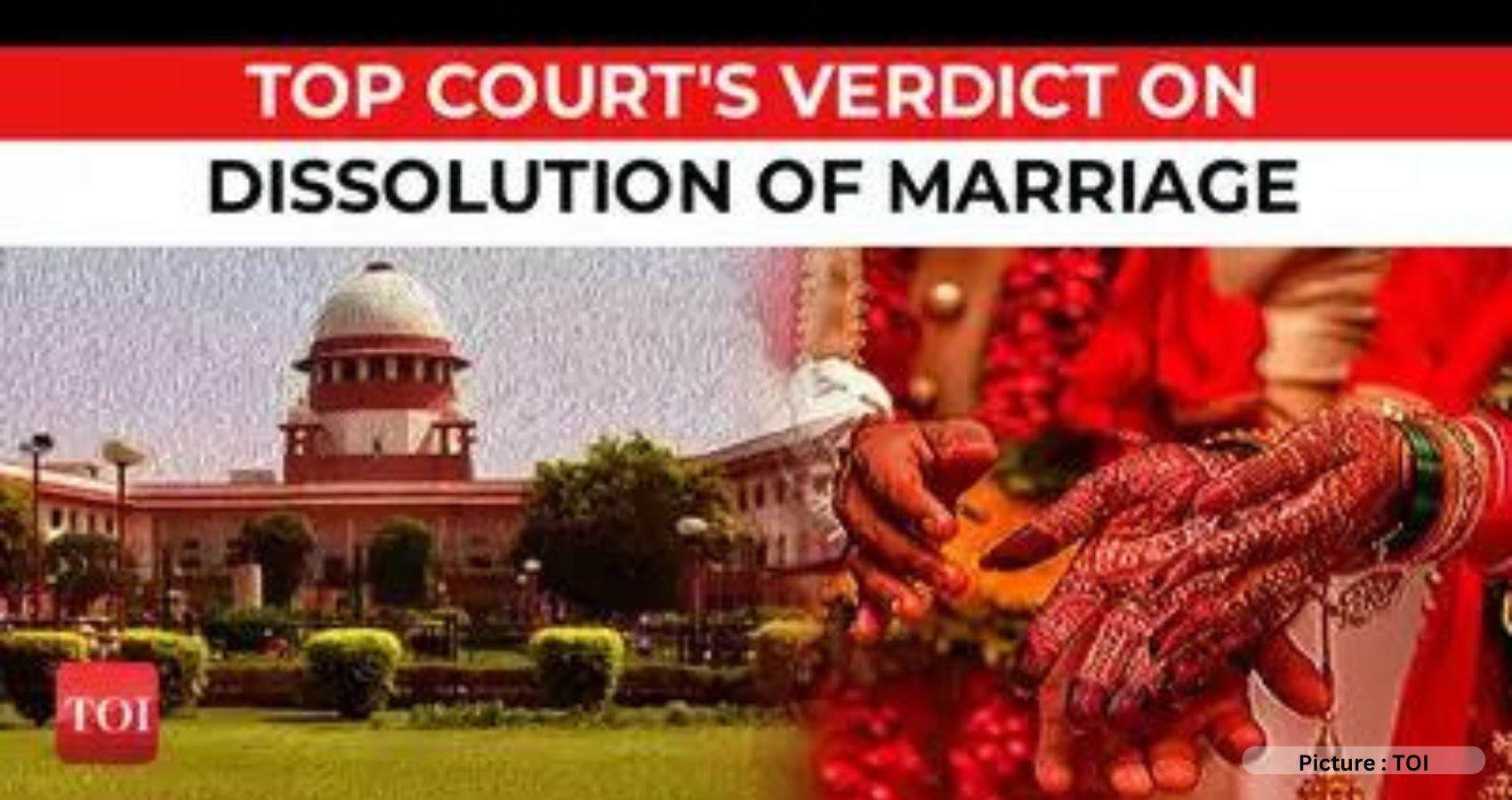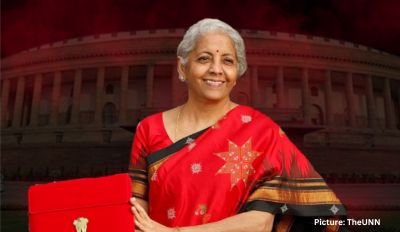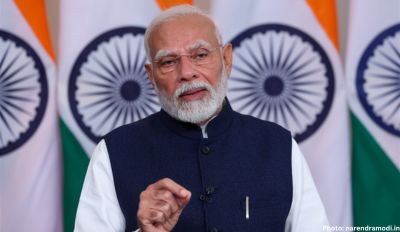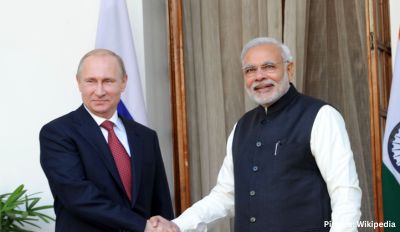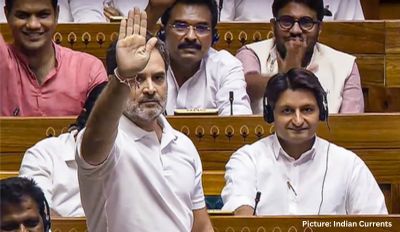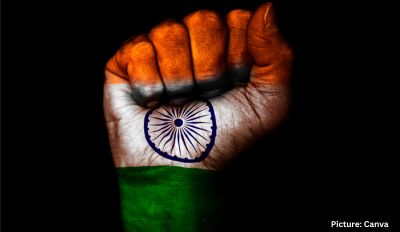The Supreme Court has made a significant ruling that it has the authority to dissolve marriages based on “irretrievable breakdown of marriage” invoking special powers under Article 142. This ruling comes with a further decision that the mandatory waiting period of six months for divorce through mutual consent can be waived, provided certain conditions are met.
The Constitution Bench comprising of Justices Sanjay Kishan Kaul, Sanjiv Khanna, AS Oka, Vikram Nath, and JK Maheshwari has laid down factors that can determine when there will be an irretrievable breakdown of marriage. They have also outlined how to balance out equities, specifically with regard to maintenance, alimony, and the rights of the children.
The Court grants a “cooling-off” period of six months to a couple seeking a divorce, with the aim to save the marriage. However, the Supreme Court has ruled that this period of six months can be waived if certain requirements and conditions are met.
The Court stated that “The time gap is meant to enable the parties to cogitate, analyse and take a deliberated decision. The object of the cooling-off period is not to stretch the already disintegrated marriage, or to prolong the agony and misery of the parties when there are no chances of the marriage working out. Therefore, once every effort has been made to salvage the marriage and there remains no possibility of reunion and cohabitation, the court is not powerless in enabling the parties to avail a better option, which is to grant the divorce. The waiver is not to be given on mere asking, but on the court being satisfied beyond doubt that the marriage has shattered beyond repair”.
The court further clarified that a party cannot directly approach the Supreme Court and seek relief of dissolution of marriage on the ground of irretrievable breakdown of marriage directly from it. The remedy of a person aggrieved by the decision of the competent judicial forum is to approach the superior tribunal/forum for redressal of their grievance.
The original issue referred to the Constitution Bench was whether the mandatory waiting period for divorce by mutual consent, as prescribed under Section 13B of the Hindu Marriage Act, could be waived by the Supreme Court. However, during the hearing, the Constitution Bench decided to consider the issue of whether marriages could be dissolved on the ground of irretrievable breakdown.
“Article 142 must be considered in light of the fundamental rights. It should contravene a non-derogable function of the Constitution. Court under the power is empowered to complete justice,” the bench said.
This case was referred to a five-judge bench seven years ago by a Division Bench of Justices Shiva Kirti Singh and R Banumathi. After hearing arguments, the Constitution Bench reserved its judgment on September 29, 2022.
This ruling has far-reaching implications on the divorce proceedings in India, as it empowers the Supreme Court to dissolve marriages based on irretrievable breakdown, thereby reducing the burden on family courts and lessening the time required for obtaining a divorce. The ruling also provides relief to those couples who may have been forced to remain in a broken marriage due to the mandatory waiting period of six months.
The Supreme Court has provided a groundbreaking decision that has significant implications for divorce proceedings in India. The Court’s ruling that it has the power to dissolve marriages on the ground of “irretrievable breakdown of marriage” and its waiver of the mandatory waiting period of six months subject to certain conditions will help reduce the burden on family courts and provide relief to couples who may have been forced to remain in a broken marriage.

